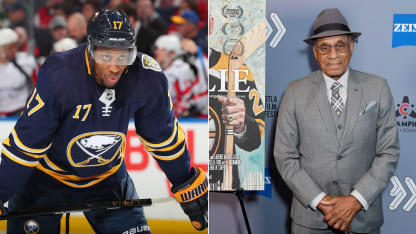President Abraham Lincoln had issued the Emancipation Proclamation, which was supposed to free slaves in the South in 1863, but it wasn't enforced in several states until after the Civil War two years later. Confederate soldiers surrendered in April 1865. But June 19, 1865, is observed as slavery's end because that's when Union troops marched into Galveston, Texas, and Maj. Gen. Gordon Granger read General Order No. 3, which declared, "The people of Texas are informed that, in accordance with a proclamation from the Executive of the United States, all slaves are free. This involves an absolute equality of personal rights of property between former masters and slaves."

